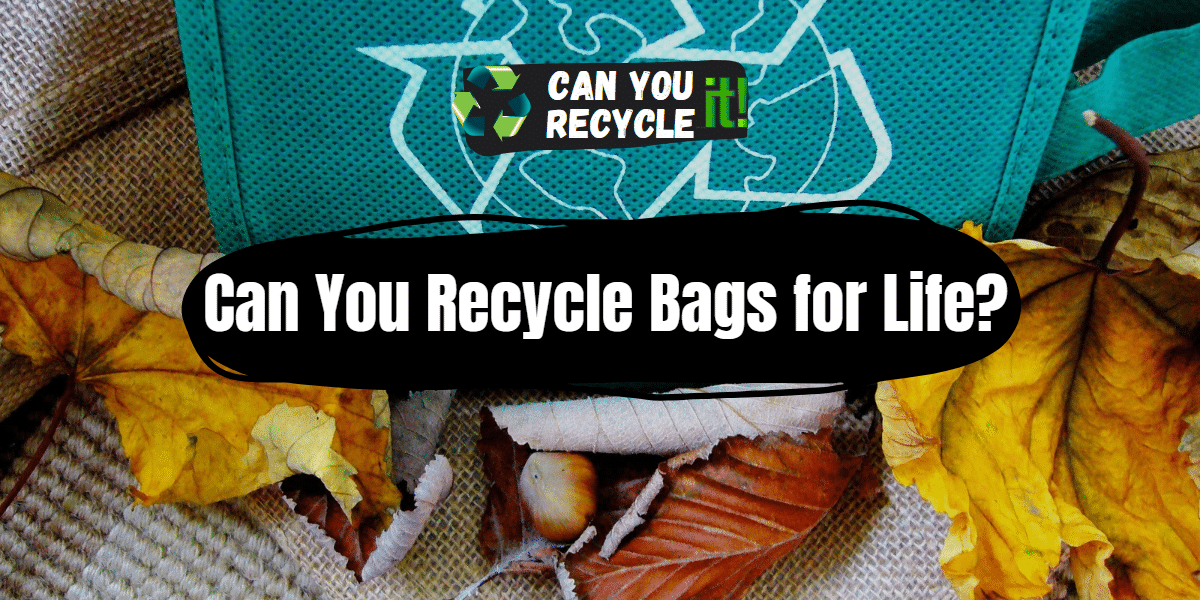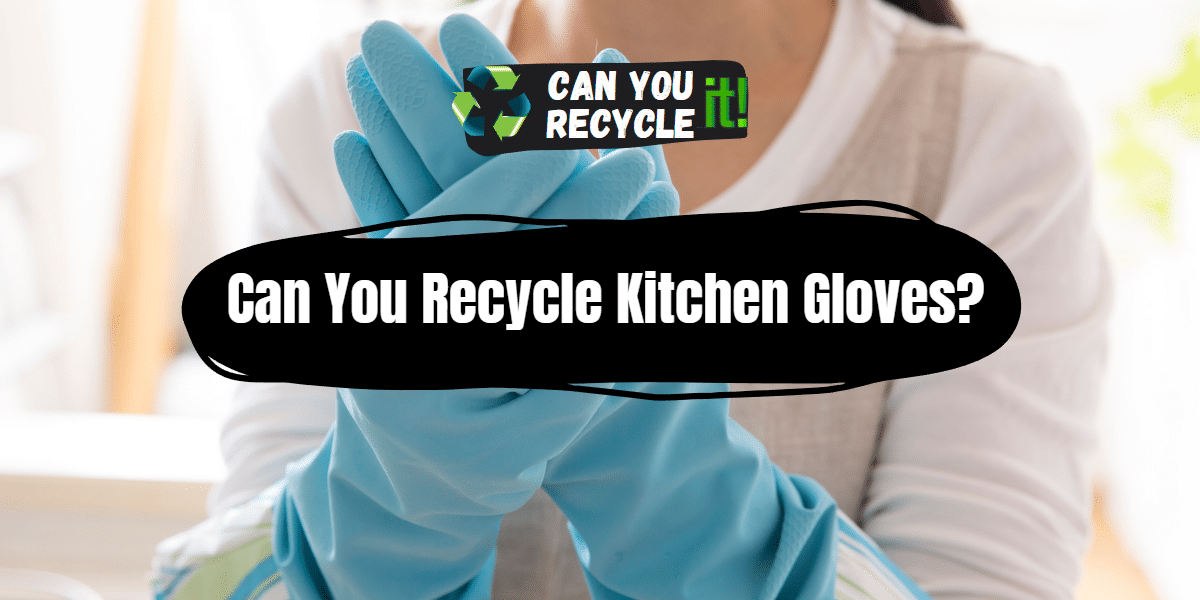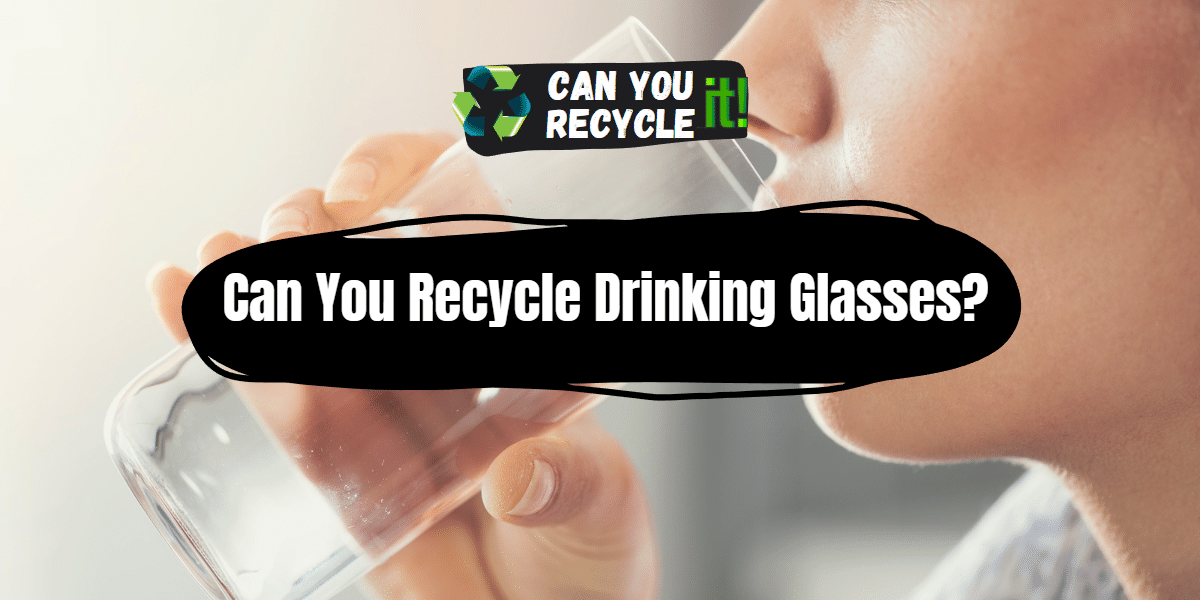Yes, you can recycle bags for life. However, not all recycling centers accept them. It is best to check with your local recycling center to see if they do.
Recycling has become a crucial aspect of our efforts to protect the environment and reduce waste. Regarding bags for life, the answer is a resounding “Yes!” Bags for life, also known as reusable bags, can indeed be recycled. Many recycling programs and facilities accept these bags, ensuring they can be repurposed and transformed into new products. Recycling bags for life not only helps to reduce plastic waste but also promotes sustainability and the conservation of valuable resources.
Table of Contents
Do’s and Don’ts
To make the most of recycling bags for life, it’s essential to keep a few dos and don’ts in mind:
Dos
- Clean your bags: Before recycling, make sure to clean your bags thoroughly. Remove any debris or dirt, and wipe them down if necessary. This helps ensure that the recycling process goes smoothly.
- Check for local recycling options: Research and identify local recycling programs or facilities that accept bags for life. Look for drop-off locations or collection points in your community.
- Inspect for damage: Examine your bags for any damages. If they are torn, ripped, or no longer in good condition, consider repurposing them or finding alternative ways to extend their lifespan before recycling.
- Encourage reuse: Promote the reuse of bags for life. Please encourage others to bring their reusable bags when shopping to minimize the need for single-use plastic bags in the first place.
- Spread awareness: Share information about recycling bags for life with friends, family, and your community. Encourage others to join in and actively participate in recycling efforts.
Don’ts
- Mix different materials: Avoid combining bags made from different materials during recycling, as this can complicate the recycling process. Separate bags made of different materials before recycling.
- Contaminate recycling bins: Do not place non-recyclable items or items that are not accepted in recycling bins designated for bags for life. Contamination can disrupt the recycling process and cause difficulties for recycling facilities.
5-Step Guide to Recycle Bags for Life
If you’re wondering how to recycle bags for life effectively, here is a simple 5-step guide to help you get started:
Step 1
Clean and Prepare the Bags: Ensure your bags are clean and free from any residues or debris. Wash them using mild detergent and water, then let them air dry thoroughly.
Step 2
Check Local Recycling Programs: Research local recycling programs or facilities that accept bags for life. Look for information on their websites or contact them directly to inquire about the specific requirements for bag recycling.
Step 3
Separate by Material Type: Sort your bags based on the material they are made of. Common materials include canvas, nylon, polyester, or polypropylene. Separating them allows for easier recycling and prevents contamination.
Step 4
Take Them to Recycling Centers: Once your bags are sorted, take them to the designated recycling centers or drop-off locations. Follow any instructions provided by the center staff for proper disposal and recycling.
Step 5
Encourage Reuse and Repeat: After recycling, encourage others to reuse bags for life or consider repurposing them for various purposes. Make recycling bags a regular practice, and continue to spread awareness about the importance of recycling and reducing plastic waste.
What to Do with Bags for Life That Cannot Be Recycled
While most bags for life can be recycled, there may be instances where certain bags cannot be accepted by recycling programs or facilities due to their condition or material composition. In such cases, it’s essential to explore alternative options to make the most of these bags:
- Repurpose Them Consider repurposing bags for life that cannot be recycled. Use them for storage, as laundry bags, or even as packing material. Get creative and find new uses for these bags to extend their lifespan and reduce waste.
- Donate Them If your bags are still in good condition but cannot be recycled, consider donating them to local charities, thrift stores, or community organizations. These bags can find new homes and serve various purposes for others in need.
- Upcycle the Material If the bags are made of sturdy and durable materials, you can upcycle them into new items. Cut them into smaller pieces and use them for crafting projects like creating coasters, pouches, or even reusable produce bags.
Environmental Impact of Recycling Bags for Life
Recycling bags for life has a significant positive impact on the environment. Here are a few ways recycling these bags contributes to sustainability:
1. Reducing Plastic Waste: By recycling bags for life, we divert them from ending up in landfills or polluting natural habitats. This helps reduce the overall volume of plastic waste and its detrimental effects on ecosystems.
2. Conserving Resources: Recycling bags for life reduces the demand for new plastic production. By repurposing and recycling existing bags, we conserve valuable resources such as oil, energy, and water, which are required to manufacture new plastic materials.
3. Mitigating Climate Change: The recycling process consumes less energy than producing new bags. This results in lower greenhouse gas emissions, helping to mitigate climate change and its associated environmental impacts.
4. Promoting Circular Economy: Recycling bags for life support the concept of a circular economy, where materials are continuously reused and recycled. By actively participating in bag recycling initiatives, we contribute to closing the loop, reducing waste, and promoting a sustainable economy.
FAQs for Can You Recycle Bags for Life
Can all types of bags for life be recycled?
Not all bags for life can be recycled, as it depends on their material composition and condition. Some recycling programs accept specific materials, such as canvas or polypropylene, while others may have broader acceptance criteria. Check with your local recycling facilities for specific guidelines.
Can I recycle bags with prints or logos on them?
In most cases, bags with prints or logos can still be recycled. However, removing non-recyclable components, such as metal hooks or zippers, is advisable before recycling. Check with your local recycling facility for any specific requirements.
What is the environmental impact of using bags for life instead of single-use plastic bags?
Using bags for life instead of single-use plastic bags has a significantly positive environmental impact. By reusing bags, we reduce the consumption of single-use plastics, minimize waste generation, and decrease the demand for new plastic bag production.
Are there any specific recycling symbols to look for on bags for life?
Bags for Life may have recycling symbols or codes indicating the type of plastic used. Look for symbols such as “PET,” “HDPE,” or “PP,” which represent commonly recyclable plastics. However, it’s always best to check with local recycling programs for their specific guidelines.
Conclusion and final thoughts 💭
Recycling bags for life is an essential step towards a more sustainable future. We can positively impact the environment by following the dos and don’ts of bag recycling, sorting bags by material type, and utilizing local recycling programs. Remember to explore alternative uses for bags that cannot be recycled and spread awareness about the importance of recycling and reducing plastic waste. Let’s work together to create a world where every bag gets a second chance and our planet benefits from our collective efforts.





Leave a Reply